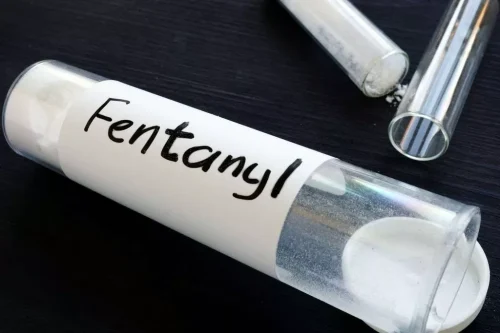Drinking alcohol: Health experts on risks and supposed benefits

In extreme cases, some people have actually died from hypothermia after spending too much time in cold weather while drunk. It’s a common myth that alcohol raises your internal body temperature, but studies show it can actually lower it. Alcohol consumption affects your ability to regulate your body temperature and also dilates blood vessels, which contributes to feelings of warmth. Millions of people around the world deal with an alcohol flushing reaction, or an alcohol intolerance.
It helps me sleep

In general, hot flashes and sweating are signs that our hangover has triggered our sympathetic nervous system, otherwise known as our fight-or-flight response. Symptoms typically include trembling or shaking, sweating, feeling hot, a rapid heartbeat, and high blood pressure. Because we feel a warm sensation from alcohol, many people assume that alcohol warms the body and increases our body temperature. However, studies show that alcohol can actually lower our core body temperature and increase our risk of hypothermia. Since alcohol disrupts your body’s temperature regulation, it can also cause further sweating as the night goes on.

Adults still take aspirin to prevent heart disease: Know the benefits and risks
As a result, acetaldehyde accumulates in their bodies, leading to the symptoms of a hot flush. Unfortunately, research suggests that this pain dampening effect is highly variable. And while some people do consume alcohol to help relieve chronic pain, it is possible for tolerance to occur such that pain relief lessens over time. It is also known that alcohol acts on the process of long-term potentiation – the way in which neurons remodel the connections between them after learning. So alterations in both REM and slow wave sleep after drinking may potentially disrupt the brain’s memory processes.
Do hot drinks cool you down in a heatwave?
On top of this, the health condition behind the medication may increase someone’s health risks during a heat wave. As blood alcohol levels rise in the interim, several different effects of intoxication will become more evident. Excessive does drinking alcohol make you hot alcohol consumption can increase the risk of heat-related illnesses, including dehydration, heat exhaustion, and heat stroke. Recognizing the signs of alcohol poisoning, such as confusion, vomiting, and loss of consciousness, is crucial.
- Many people with alcohol use disorder hesitate to get treatment because they don’t recognize that they have a problem.
- If you like a happy ending after masturbation or partnered sexual activities, it’s best not to get soused.
- Consider talking with someone who has had a problem with drinking but has stopped.
- As such, we might feel the need to step outside to cool off, even if the external temperature hasn’t changed significantly.
- Adrienne Santos-Longhurst is a freelance writer and author who has written extensively on all things health and lifestyle for more than a decade.
- Supplements like Sunset Alcohol Flush support can help support your liver when drinking alcohol, and helps breakdown acetaldehyde much quicker.
Does Drinking Alcohol Warm Your Body?
On top of that, the overall process of metabolising alcohol and shifts in blood supply can give off more heat and cause additional flushing. The heat can increase depending on how quickly you’re drinking and how much. If you only have one drink in an hour, your body can break down that alcohol amount easily enough.

- You may sweat due to the heat if you may be drinking in an outdoor environment or under the sun, of course!
- Alcohol also increases urination, which makes your body lose water along with sweat and can lead to dehydration.
- That is why alcohol detox and alcohol withdrawal treatment is administered by medical professionals.
- A lot of it has to do with the process of breaking down alcohol, which we can’t change.
- However, alcohol consumption does not actually cause increased body temperature, as many people think.

The Truth About Alcohol and Body Temperature
- Last year, the New York Daily News reported that “a drunken student died of hypothermia after he tried to walk nine miles home without a coat on a freezing cold night in England.”
- The risk increased exponentially with heavier drinking, defined as more than eight drinks per week.
- “Estimates of the health benefits from alcohol have been exaggerated while its harms have been underestimated in most previous studies,” Stockwell continued.
- This is a really exothermic process which means it produces a lot of heat.
- Li said she generally tells people not to drink more than two or three times per week.
- In general, hot flashes and sweating are signs that our hangover has triggered our sympathetic nervous system, otherwise known as our fight-or-flight response.
